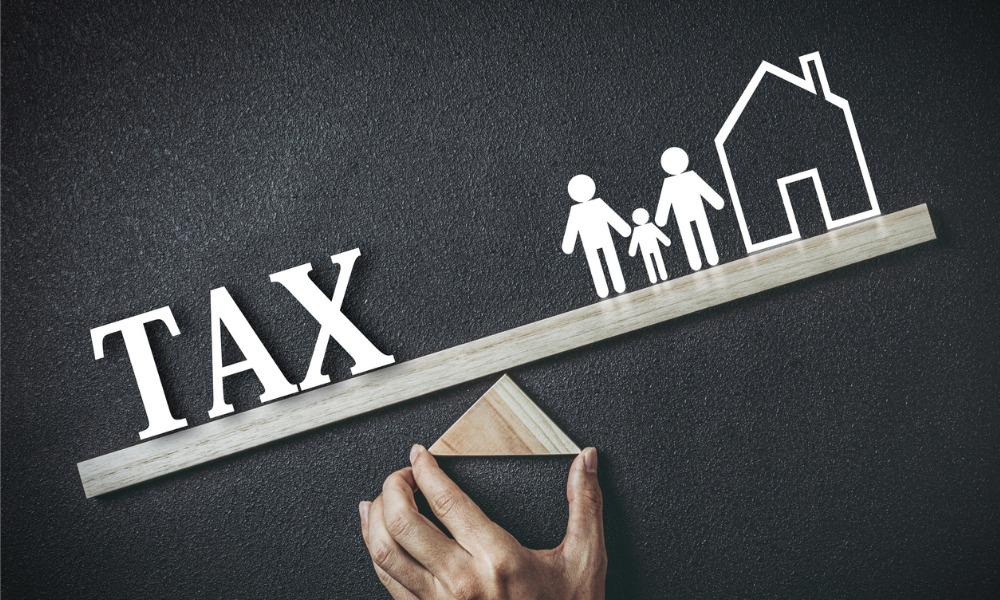Analysis backs up calls from anti-poverty campaigners and corporations for a broad overhaul of the tax system

A new analysis from the federal government suggests that single parents, lower-income households, and recent immigrants are more likely than other workers to lose more to the tax system for extra earnings.
The study, conducted by the Department of Finance, also found workers in Quebec and those between the ages of 35 and 44 were more likely to lose out on extra earnings from working longer hours or having a higher-paying job.
Higher taxes, benefit clawbacks, or a combination of the two were determined to be more likely to offset 50% or more of those workers' wages in some cases. Women were more likely than males to lose 60% or more of their additional earnings, the research suggested, owing to their slightly higher reliance on federal assistance.
Katherine Scott, a senior economist at the Canadian Centre for Policy Alternatives, told the Canadian Press that the analysis backs up anti-poverty campaigners' and businesses' clamour for a comprehensive overhaul of the tax system. She noted that the tax system was designed in the past and does not completely capture the economy as it currently exists, leading to difficult decisions about working more but not earning much more money.
Based on the 2017 data used in the research, workers lost $341 for every $1,000 rise in their incomes. About $146 was attributed to increased federal income tax payments, $23 to a reduction in federal benefits such as the income-tested Canada Child Benefit, and $45 to payroll taxes.
The remainder was made up of a mixture of provincial levies and benefits. The most severely hit were individuals earning between $24,739 and $33,724, who lost an average of $413 for every $1,000 in extra earnings. The average loss was marginally above the loss experienced by the top 10% of earnings.
According to the report, the proportion of low-income workers who lost 50% or more of their excess earnings was twice that of those in the country's highest income category.
Workers who are not much better off or who are financially worse off because of a raise in pay may be hesitant to take on extra hours, while others may choose to stay out of the labour market entirely.
The Finance Department said in the research that a big portion of the population facing the potential of losing half or more of their excess wages could be "a barrier to the success of measures targeted at raising labor supply." For years, administrators have been trying to figure out how the interplay between higher taxes and reduced benefits affects workers' decisions in order to eliminate disincentives to labor.
Garima Talwar Kapoor, policy and research director at Maytree, an anti-poverty think tank, commented that these "marginal effective tax rates" can indicate policymakers a path to encourage people to work more in principle, but that doesn't always transfer into real-world results.
“Policy-makers want to think that people think about these things, but it’s actually not how people make life decisions,” she said to the Canadian Press. “There are lots of other factors.”



